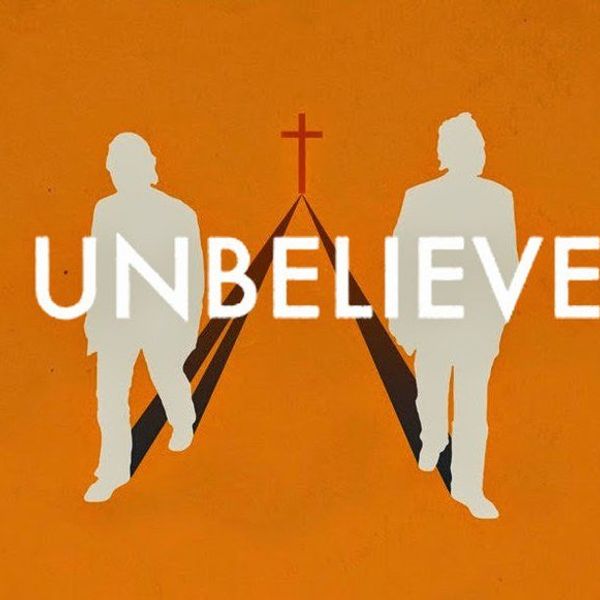A few weeks ago, at a friend’s birthday party, we decided to watch God’s Not Dead, perhaps one of the most divisive films to be produced yet. Even Christians were divided as to whether the movie was a good, honest film or hateful propaganda. I refuse to offer my two cents as to that argument. However, I noticed a rather troubling tendency in the movie to vilify intellectualism: Kevin Sorbo was a thoroughly, ugly philosophy professor, and his professor friends are shown in very much the same disdainful, snooty light. Throughout the movie, the same choice is oft repeated: you can go with science, or you can go with faith. Unfortunately, this argument is repeated by Christians and atheists alike, with certain Christians viewing science as an unreliable, confusing mess of lies, and certain atheists treating religion with the same gravity one affords The Ugly Duckling. The bottom line is that it is all too common for people to view religion and science/intellectualism as incompatible. However, this is not the case.
The biggest argument for anti-intellectualism is that, as science does not know the answers to everything, it is faulty and cannot be trusted. The fault with this assumption is its all or nothing mentality: if science does not know everything, it’s as bad as knowing nothing. The lack of some knowledge does not discount the other knowledge one might possess: to be unskilled in math does not preclude mastery of history. Some knowledge is still some knowledge, and this knowledge grows every day.
As it is, there is nothing in science that denies an intelligent creator of any sort. For example, there are those who argue that God created the universe OR the big bang did. Why can’t it be that the big bang was the act of God creating the universe? In the Christian Bible, Genesis 1:3, “God said ‘Let there be light’; and there was light”. The big bang was just that: a huge flash of matter. Either way, you have some serious fireworks occurring. For those who are religious, science can help us to better understand God’s majesty, from the mightiest supernova to the smallest particle.
Similarly, religion does not preclude science. It is accepted by many theologians that the books in Genesis and Exodus are mythic in nature, simply ancient moral tales passed down by the early Israelites to explain the world around them. Was there actually a Noah and an ark? Probably not, but the moral lesson of God’s forgiving nature is an important lesson for many Jews and Christians. If science answers the questions of the external and physical world, religion can help us to answer the questions regarding the internal, metaphysical world. Both are reassuring in their own regard.
Although the two worlds can operate autonomously, it’s something beautiful when they cross paths. Science helps to inform religion, and religion helps to answer the questions that can’t be quantified in a lab. If we were able to appreciate the mysteries of God before we even processed that the world was round, how much more in awe are we now knowing that phenomena such as the Mariana Trench and possibly even extraterrestrial life exist? Conversely, it’s rather comforting to know that in a very strange world in an even stranger universe there’s a Creator who loves us personally.
To say that science and religion are incompatible is a disservice to both. Separately, they teach us about the world; together, they help to define the very essence of humanity.





















